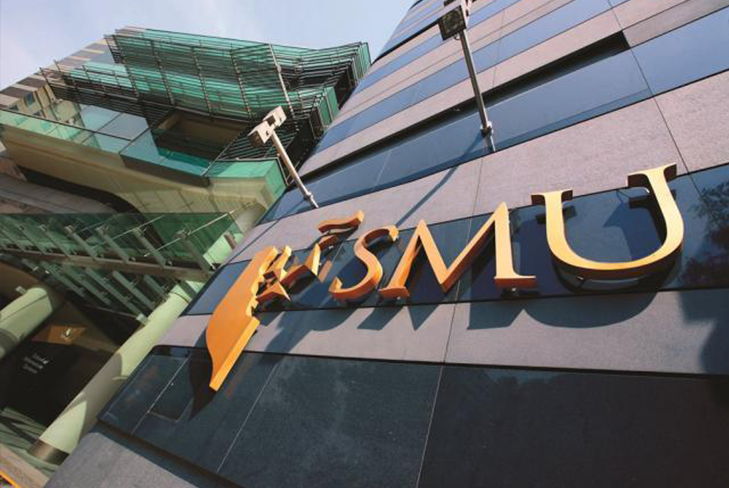
In a commentary, SMU Vice Provost (Undergraduate Matters) & OUB Chair Professor of Finance Lim Kian Guan noted that the Infocomm Media Development Authority and Monetary Authority of Singapore, together with SkillsFuture Singapore, six local universities, and five financial associations, had inked a memorandum in November last year for the TechSkills Accelerator (TeSA) FinTech Collective, to jointly develop industry-ready professionals in meeting the strong demands of emerging infocomm technology skills. He shared that SMU has taken a multi-pronged approach to nurture Fintech talent.
At the undergraduate level, the School of Information Systems (SIS) has rolled out a revised curriculum in August 2017. Third-year students will specialise in career tracks based on their aspirations, and Financial Technology is one such track. At the postgraduate level, SIS launched the Master of IT in Business (Financial Services) in 2007 to train students in the processes, operations, technology solutions and innovation strategies in the Banking and Financial Services sector. Since August 2017, it has now been rebranded as Master of IT in Business (Financial Technology) and aims to equip students in the areas of blockchain, crypto-currencies, smart contracts, big data and DevOps.
The SMU Academy has launched three Fintech and financial innovation courses to date. The courses are open enrolment, modular and practical to cater to the needs and schedule of the adult learner; some of these can also be ‘stacked’ towards graduate certifications. The courses cover the application of technologies in the design, delivery and governance of financial services. In research, Prof Lim gave the example of research conducted by SIS faculty with the SWIFT Institute in algorithmic and process innovations intended to speed up the availability of funds to individuals and to small and medium enterprises from funds transfers and card payments. Prof Lim concluded that the success of TeSA will require the full support of all universities.